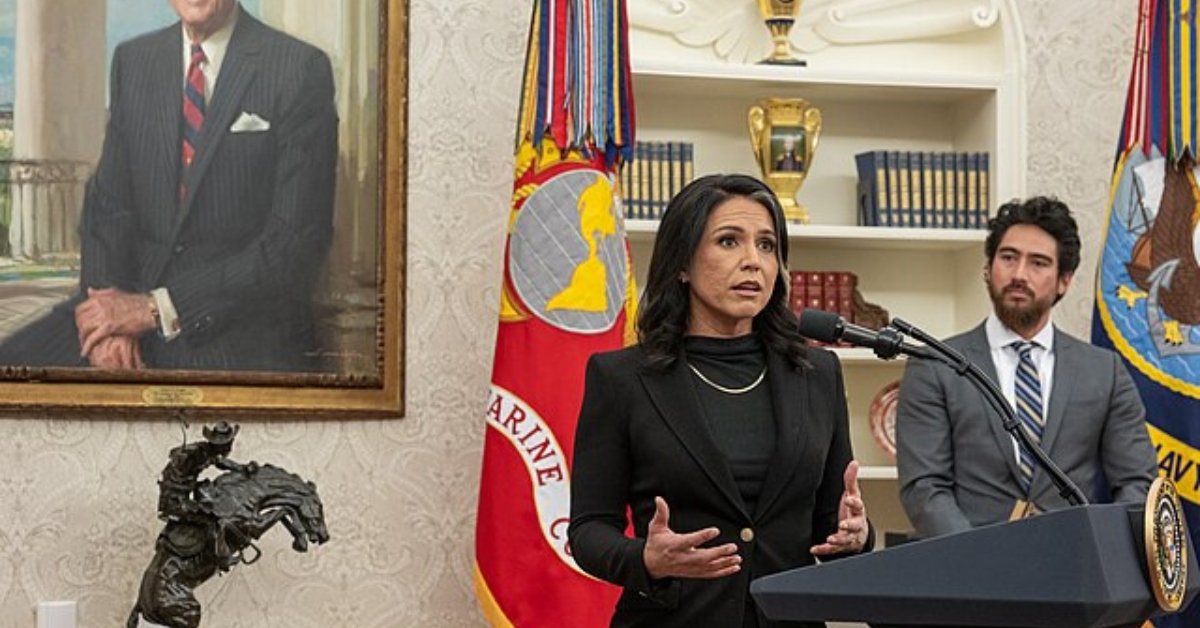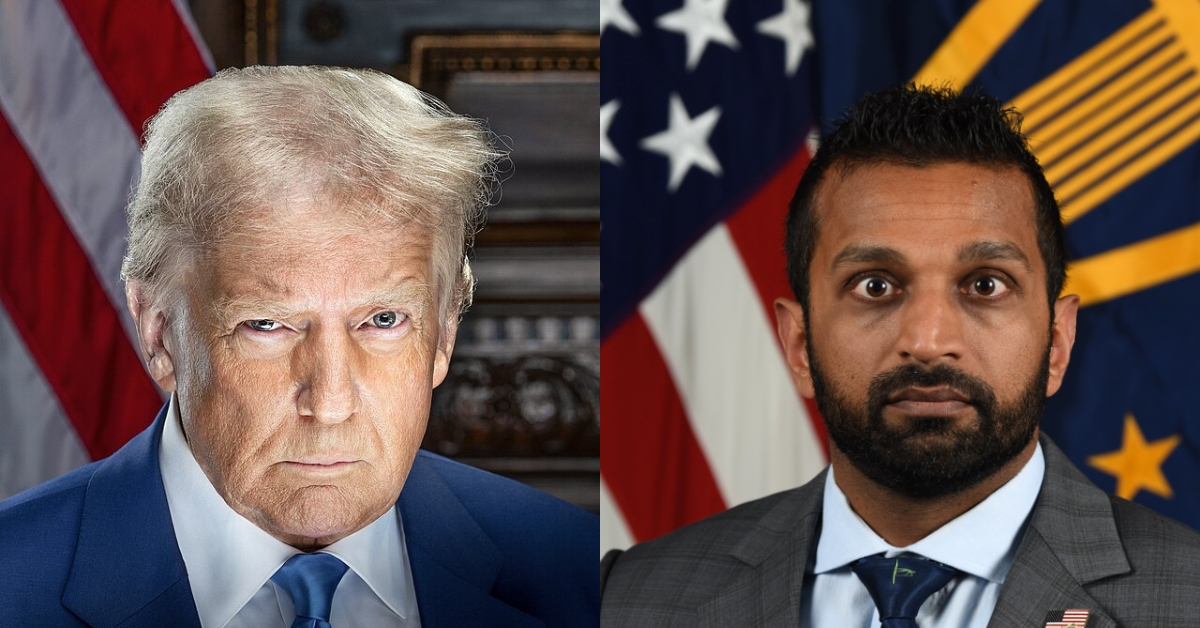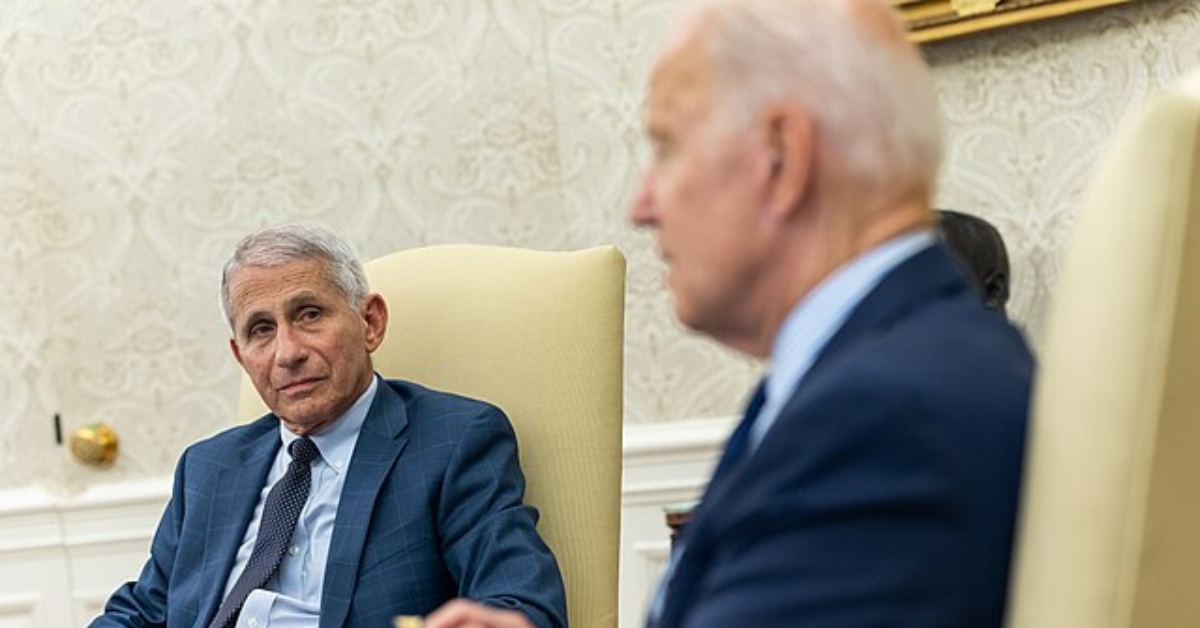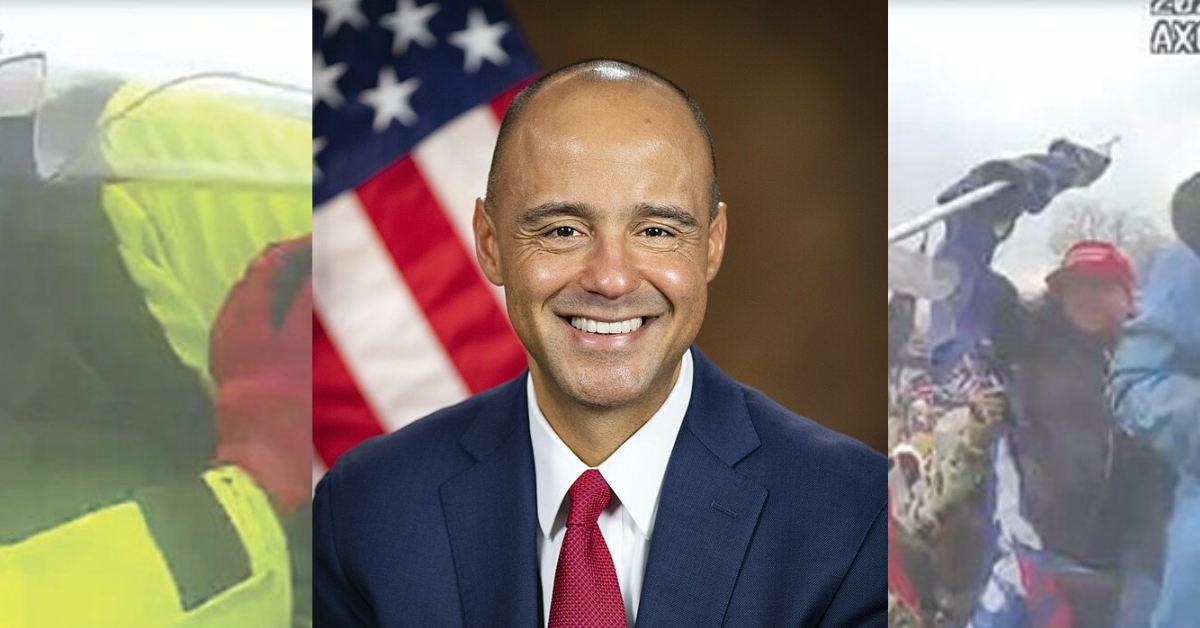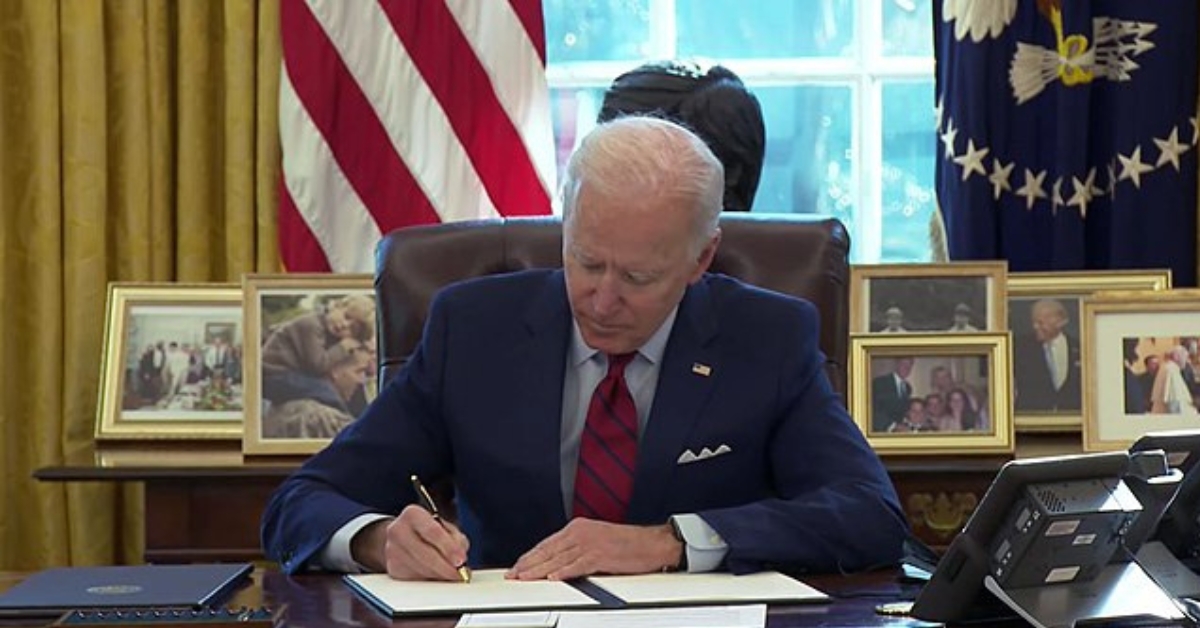
Hunter Biden’s Art Sales Appear to Be Another Influence-Peddling Scheme
In recent congressional testimony, revelations about Hunter Biden’s art dealings have come to light, suggesting a new front in the Biden family’s influence-peddling operations. Hollywood lawyer Kevin Morris and gallerist George Berges provided key insights into the transactions, painting a picture of a carefully orchestrated scheme that was derailed by public scrutiny.
The narrative begins with Morris, known as Hunter Biden’s “Sugar Bro,” who testified before the House Oversight and Judiciary Committees, unveiling his financial support for Hunter since January 2020. This included paying off Hunter’s substantial tax debts and purchasing a significant number of his paintings. The timing and nature of these transactions raise eyebrows, especially considering Morris’s subsequent visit to the White House.
Complementing Morris’s testimony, George Berges, Hunter Biden’s gallerist, provided further context to these art sales. Berges’s role as the exclusive agent for selling Hunter’s paintings since December 2020 was critical in this arrangement. His testimony revealed a unique contract clause requiring disclosure of the art buyers’ identities to Hunter, a stipulation uncommon in the art world and later modified to maintain buyer anonymity.
This arrangement raises questions about the true purpose of Hunter’s foray into art. The high prices of his paintings, set by Berges, along with the provision to disclose buyer identities, suggest an attempt to establish a legitimate front for more covert, questionable transactions. The involvement of key figures like Lanette Phillips in introducing Morris and Berges to Hunter adds another layer of intrigue, hinting at a broader network facilitating these dealings.
Morris’s actions are particularly suspect. After initially purchasing two of Hunter’s artworks directly, he waited to make a more significant purchase through Berges’s gallery last year, despite seeing the artwork in the fall of 2021. This strategic move appears to lend credibility to the art’s value while potentially bypassing direct financial gifts to Hunter, which would have tax implications.
However, the plan seems to have hit a snag due to media attention. While the Biden family had managed to keep previous scandals, like the laptop controversy, under wraps, the art dealings received significant press coverage. This forced the White House to publicly address the issue, claiming efforts to keep buyer identities secret, despite Berges’s lack of communication with the White House about the issue.
The aftermath of this scrutiny is telling. The demand for Hunter’s paintings has dwindled, except for Morris’s notable purchase. This decline in interest suggests that the intended audience for Hunter’s art – those seeking political favors or access – may have been deterred by the public exposure of this potential pay-to-play arrangement.
In conclusion, the testimonies of Morris and Berges paint a concerning picture of yet another scheme in the Biden family’s history of leveraging influence for financial gain. The art dealings, initially portrayed as an innocent venture into the world of art, now appear to be a calculated effort to establish a new channel for influence peddling. The unraveling of this plan, due to increased media scrutiny, not only sheds light on the operations of the Biden family but also highlights the importance of transparency and accountability in political and financial dealings.
